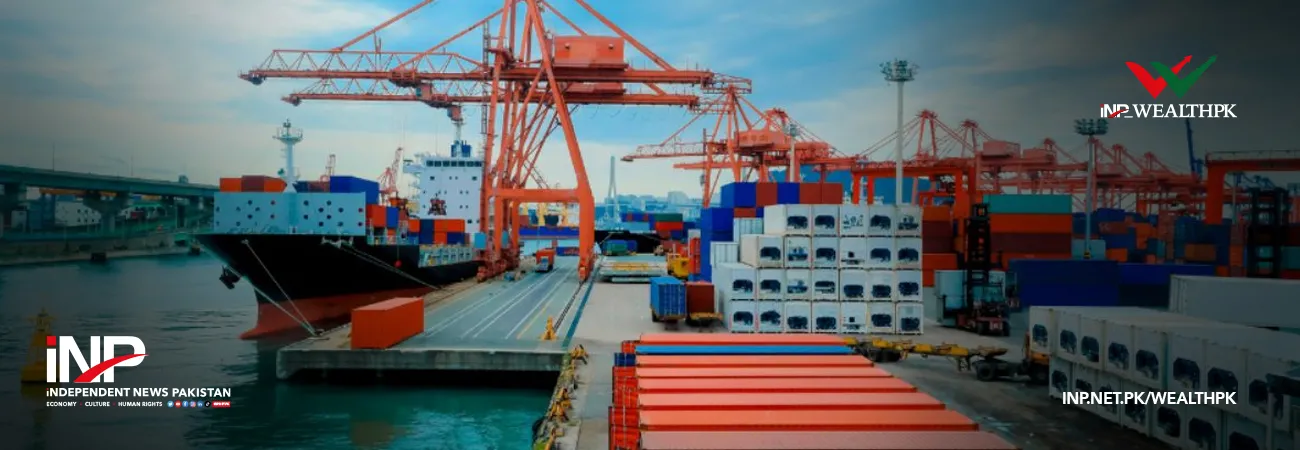INP-WealthPk
Ayesha Saba
The IMF program's stringent conditions pose a considerable challenge for people who are already grappling with inflation and other economic difficulties. To effectively manage this situation, it's crucial for the government to implement fiscal reforms that are both efficient and equitable, Dr Usman W Chahan, renowned economist and Director of Economic Affairs and National Development at the Centre for Aerospace and Security Studies, told WealthPK. “Pakistan has been rescued from the brink of default with the help of the current IMF program. Through this agreement, Pakistan was not only able to save itself from economic collapse but also to acquire funds from friendly nations, increasing its foreign exchange reserves and fostering economic stability,” he said. “In the short run, Pakistan has to comply with the IMF's conditionalities, which include increasing the energy and gas tariffs, as well as implementing higher indirect taxes, among various other measures.
Although the people have been negatively affected by inflation due to fiscal adjustments, it would have been much worse without IMF’s assistance," said Usman Chahan. He emphasized that the current IMF program could not be left incomplete, as it would be disastrous for the country's economy. “It is high time to make deep structural reforms and address the economic challenges seriously because without these, the next crisis could turn out to be bigger and far worse,” he warned. “Pakistan needs to find long-term and permanent solution to fix its economic issues. Effective public investment should be made in dams and canals, software industry, think tanks, human resources, education, and healthcare to ensure sustainable and long-term growth,” he suggested.
Talking to WealthPK, Zafar ul Hassan, Joint Chief Economist, Ministry of Planning, Development and Special Initiatives, said, “Pakistan’s economic crisis, including its high inflation, low growth, and declining foreign reserves, requires a comprehensive reform agenda that addresses both short-term stabilization and long-term structural issues.” "Improving the tax system and structural reforms should be our top priorities, as suggested by the IMF. It is also necessary for the government to carefully design and implement policies in order to strike a balance. It is imperative that the government focus its efforts on regaining the trust of foreign investors and international lenders,” said Zafar ul Hassan. He further suggested that balancing the need for external support with the desire to protect domestic interests and priorities is a complex challenge for a country like Pakistan, which is seeking the IMF assistance.
Credit: INP-WealthPk













